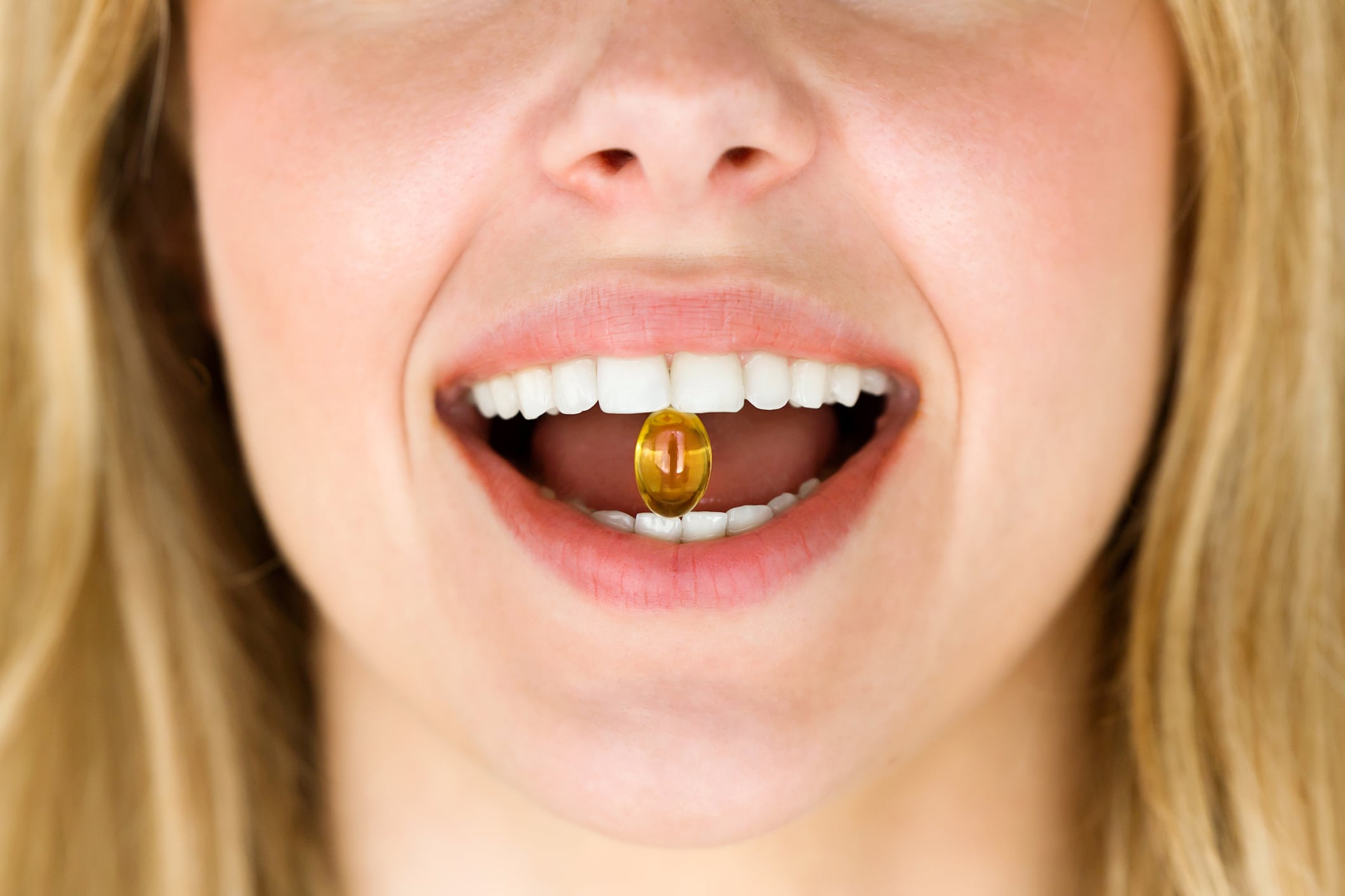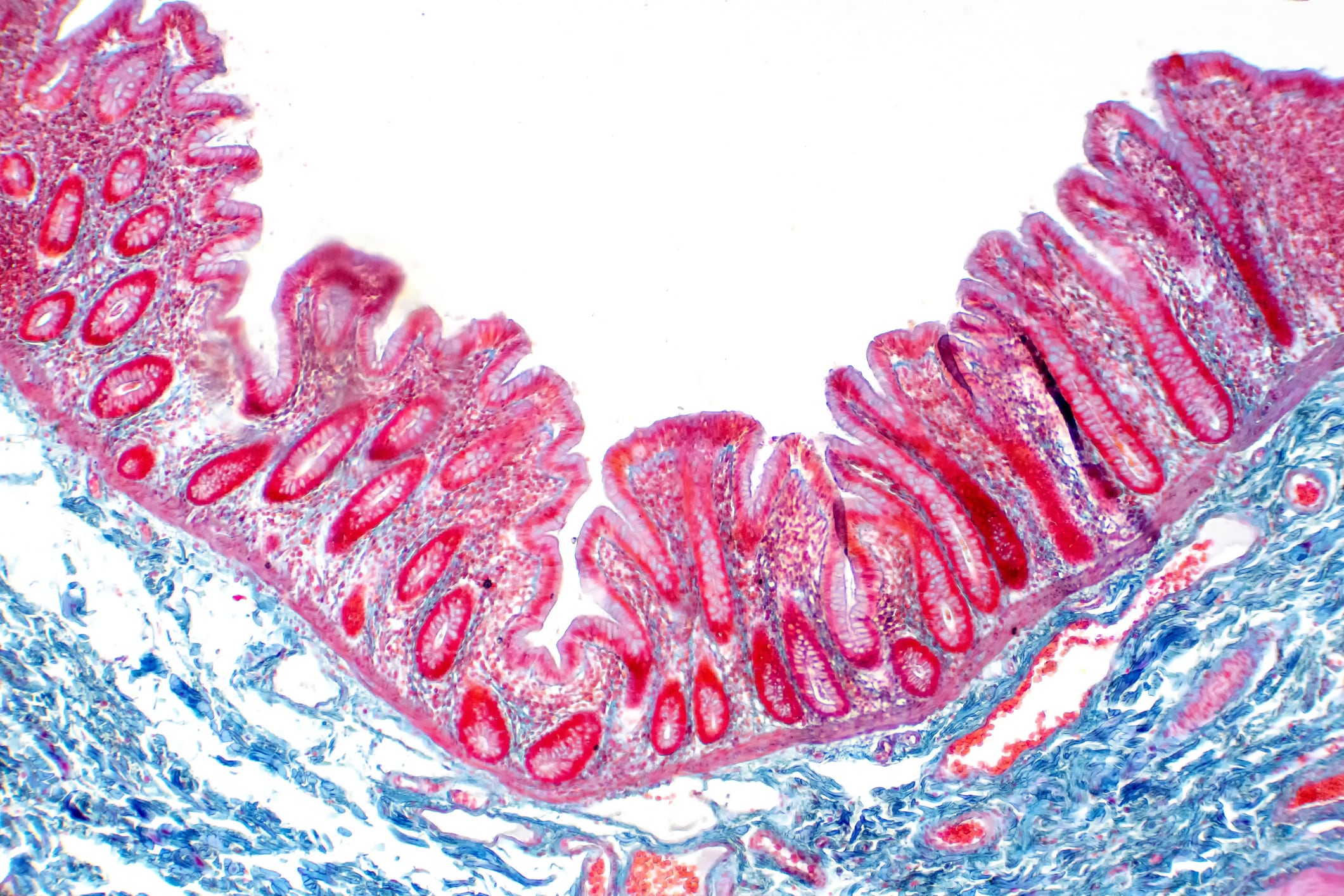The bioactive compounds, N-trans caffeoyltyramine (NCT) and N-trans feruloyltyramine (NFT), may also reduce markers of inflammation and endotoxemia, as well as relieving bloating and abdominal pain.
Published in Bioactive Compounds in Health and Disease, the study is the first human clinical research trial to assess Brightseed’s Bio Cut Core. The biotech company’s CEO Lee Chae, Ph.D., says the findings represent “a significant advancement in the field of digestive health.”
“Bio Gut Core’s ability to improve gut barrier integrity and alleviate symptoms in a short timeframe highlights the unique therapeutic potential of our AI-discovered bioactives,” he said. “It validates our science and opens new doors for consumers seeking clinically backed, non-pharmaceutical solutions for digestive health and gut discomfort.”
How are IBS and gut barrier integrity linked?
The gut barrier plays a crucial role in maintaining overall health by regulating what enters the bloodstream via the gastrointestinal tract. A ‘leaky’ or damaged gut barrier can allow toxins and bacteria to enter the bloodstream, triggering inflammation and symptoms such as bloating, diarrhea and constipation.
As a result, researchers have begun to look for nutrients and compounds that could strengthen intestinal barrier function and mitigate these troublesome side effects. Among these are NCT and NFT, two bioactive compounds found in food sources such as black peppercorns and garlic.
Pre-clinical models have shown that the anti-inflammatory properties found in these compounds may support gut barrier function, but until now, no human trials had been conducted.
Brightseed scientists therefore teamed up with researchers from the Functional Gut Clinic and the Quadram Institute in the UK to assess whether Bio Gut Core could reduce markers of intestinal permeability and its associated symptoms.
Study details
To conduct their study, the researchers randomized 29 people who met the ROME IV criteria for IBS-D to either Bio Gut Core or placebo for three weeks.
The participants were required to submit food and bowel habit diaries, complete symptom severity questionnaires and have blood tests to assess for intestinal permeability and gut barrier biomarkers.
By the end of the study period, participants in the intervention arm saw a significant improvement in intestinal permeability, as measured by a gold standard test: the Lactulose/Mannitol ratio. Supplementation with Bio Gut Core also significantly decreased serum lipopolysaccharide-binding protein (LBP), a marker of endotoxemia.
The severity of abdominal distension (bloating) was also reduced in the treatment group, according to results from the IBS-SSS questionnaire. However, there were no notable between-group differences in dissatisfaction with bowel habits.
There were also no notable changes in other gut barrier biomarkers, such as serum lipopolysaccharide and Zonulin levels. The authors say this was to be expected, however, given the experimental nature of the study.
“To examine potential mechanisms of action, multiple endpoints representing distinct biological pathways were evaluated, with the understanding that not all would necessarily yield positive findings,” they wrote.
“In this regard, the lack of statistical significance for specific outcomes (serum LPS, sCD14, Zonulin, and LCN2) was expected, providing deeper insight into the underlying mechanisms driving physiological response.”
They added that further studies with larger populations may be necessary to yield statistically significant results, and to further elucidate the mechanism of action.
Source: Bioactive Compounds in Health and Disease. doi: 10.31989/bchd.8i6.1655. “Effects of N-Trans Caffeoyltyramine and N-Trans Feruloyltyramine supplementation in individuals with diarrhea predominant-irritable bowel syndrome: Randomized, double-blind, placebo-controlled trial.” Authors: L. Melo, et al.





